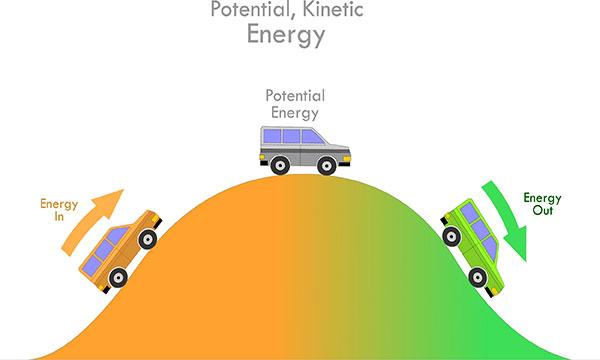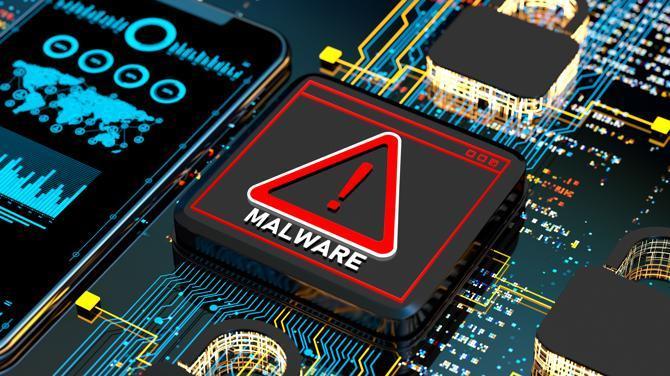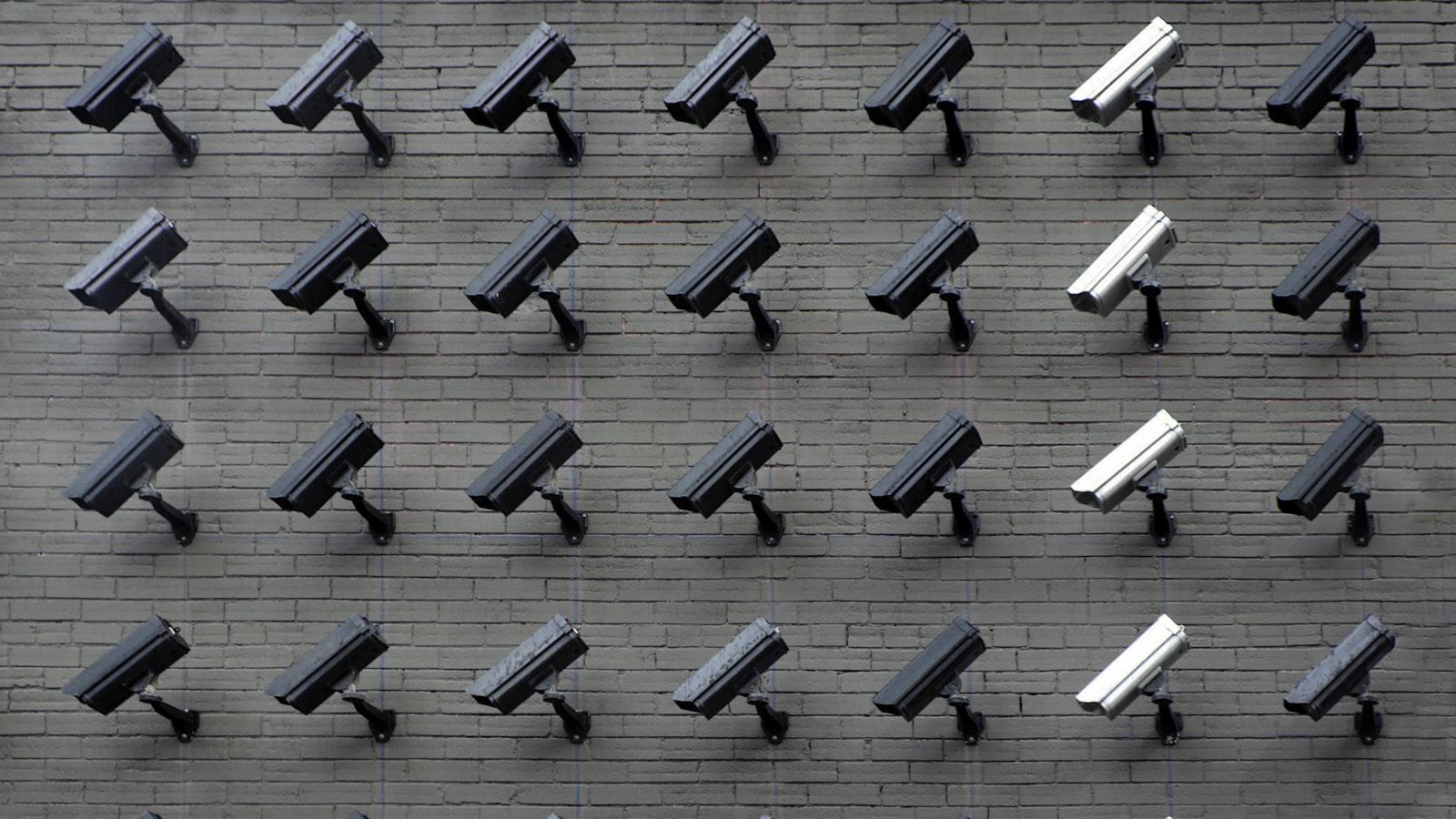In a world where online security is paramount, Virtual Private Networks (VPNs) have become a popular tool for protecting our digital information. However, while VPNs offer valuable protection against many online threats, there are some limitations to what they can defend against. In this article, we will explore five things that a VPN can’t fully protect you from, reminding us that even the most powerful security measures have their vulnerabilities.
Potential Data Breaches
While VPNs are a valuable tool for protecting your online privacy and security, there are certain limitations to what they can safeguard against. Here are 5 things that a VPN can’t fully protect you from:
- Phishing Attacks: VPNs encrypt your internet connection, but they can’t prevent you from falling victim to phishing scams. Always be cautious when clicking on links in emails or messages, even when using a VPN.
- Malware Infections: While VPNs can help prevent some forms of malware, they are not foolproof against all types of malicious software. It’s important to have robust antivirus protection in addition to using a VPN.
- Data Breaches: In the unfortunate event of a data breach on a website or service you use, a VPN won’t be able to protect your information if it was already compromised before the breach was detected.
- Physical Security: VPNs are designed to protect your online data, but they can’t secure your devices from physical theft or unauthorized access. Be sure to use strong passwords and device encryption to protect your information.
- Government Surveillance: While VPNs can help protect your privacy from ISPs and hackers, they may not be able to fully shield your online activities from government surveillance in certain countries.

Weak Passwords
Using a VPN can certainly enhance your online privacy and security, but it’s important to remember that not all threats can be fully guarded against. One common vulnerability that VPNs can’t protect you from is . If you’re using a simple or easily guessable password, hackers can still potentially gain access to your accounts and data, even if you’re connected to a VPN.
It’s essential to use strong, unique passwords for all your online accounts to minimize the risk of unauthorized access. Consider using a password manager to generate and store complex passwords securely. Additionally, enable two-factor authentication whenever possible for an extra layer of security. Remember, a VPN is just one piece of the puzzle when it comes to online protection.

Malware Attacks
While VPNs are great for enhancing online privacy and security, it’s important to remember that they are not foolproof against all cyber threats. Here are 5 things that a VPN may not protect you from:
1. Phishing attacks: VPNs encrypt your internet traffic, but they can’t always prevent you from falling victim to phishing scams. Be cautious of suspicious emails and never provide personal information or login credentials to unknown sources.

Government Surveillance
While VPNs offer a layer of protection against prying eyes on the internet, there are still some limitations to consider. Here are five things a VPN can’t protect you from:
- Malware and Viruses: While a VPN can encrypt your internet traffic, it won’t protect you from downloading malicious files or visiting infected websites.
- Phishing Attacks: VPNs don’t prevent you from falling victim to phishing scams or providing sensitive information to fake websites.
- : Despite its name, a VPN doesn’t make you completely invisible to . Your online activities can still be monitored and tracked by authorities.
It’s important to keep these limitations in mind when relying on a VPN for your online privacy. While they offer valuable security benefits, they are not foolproof solutions and should be used in conjunction with other security measures to stay safe online.
While VPNs are a powerful tool for enhancing online privacy and security, it’s important to understand their limitations. By being aware of what a VPN can’t protect you from, you can take additional steps to safeguard your digital presence. Remember, no technology is foolproof, but with the right knowledge and precautions, you can better protect yourself in the vast landscape of the internet. Stay informed, stay vigilant, and stay safe online.


